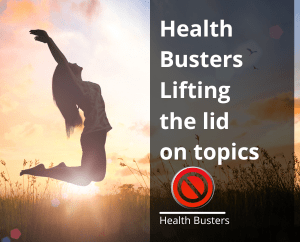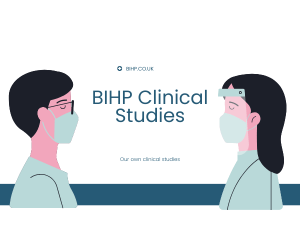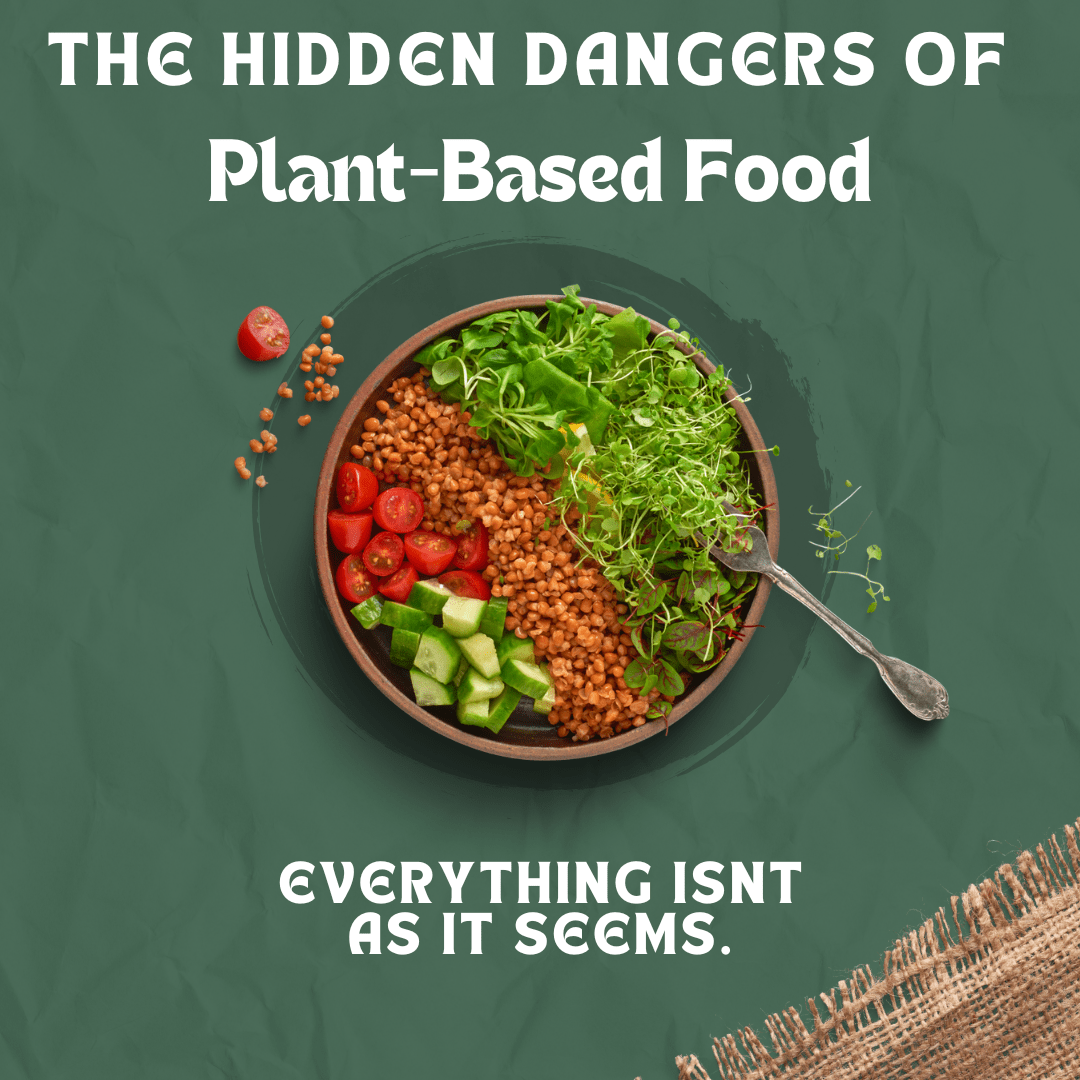
The Hidden Dangers of Plant-Based Foods, Plant-based diets have been widely promoted for their health benefits environmental sustainability and ethical considerations.
From fruits and vegetables to legumes nuts and grains, these foods provide essential nutrients that support overall well-being and overhaul longevity.
What is often overlooked is the potential downside of plant-based foods, While many people assume that anything natural must be good for them, That’s not always the case.
The reality is that some plant-derived substances can have harmful effects on the human body that you will see as you read further on.
This article explores the hidden dangers of plant-based foods detailing the specific substances they contain and their negative impacts, and health conditions they may contribute to.
The Hidden Dangers of Plant-Based Foods
What Are Anti-Nutrients?
Anti-nutrients are compounds found in many plant foods that can interfere with nutrient absorption, digestion, and affecting the bodies overall health.
While they serve as a natural defense mechanism for the plants, they can cause some serious issues when consumed in high amounts by humans.
Types of Anti-Nutrients and Their Effects
Oxalates – These can contribute to Kidney Stones.
Found in:
- Spinach.
- beetroot
- rhubarb,
- almonds
- sweet potatoes,
- cocoa
Oxalates bind to calcium in the body, forming crystals that can lead to kidney stones, those who consume a high amount of oxalate-rich foods are at a greater risk of developing kidney stones, particularly if they do not drink enough water to flush out the oxalates.
Lectins – The Gut Irritants.
Found in:
- Beans
- lentils
- whole grains
- tomatoes
- peanuts
Lectins can cause damage to the gut lining leading to conditions like, leaky gut syndrome bloating and digestive distress
They also interfere with nutrient absorption and have been linked to autoimmune conditions in some individuals.
3. Phytates – The Mineral Blockers
Found In:
- Whole grains
- nuts
- seeds
- legumes
Phytates bind to essential minerals like iron, zinc, and calcium preventing their absorption, This can lead to mineral deficiencies especially in those who rely heavily on plant-based foods without proper dietary planning.
4. Goitrogens – The Thyroid Disruptors
Found In:
- Soy products
- cabbage
- broccoli,
- cauliflower
- kale
Goitrogens interfere with iodine absorption which is essential for thyroid function Particularly in individuals with iodine deficiency, Furthermore this can contribute to hypothyroidism causing fatigue, weight gain and hormonal imbalances.
The Hidden Dangers of Plant-Based Foods-And Toxins
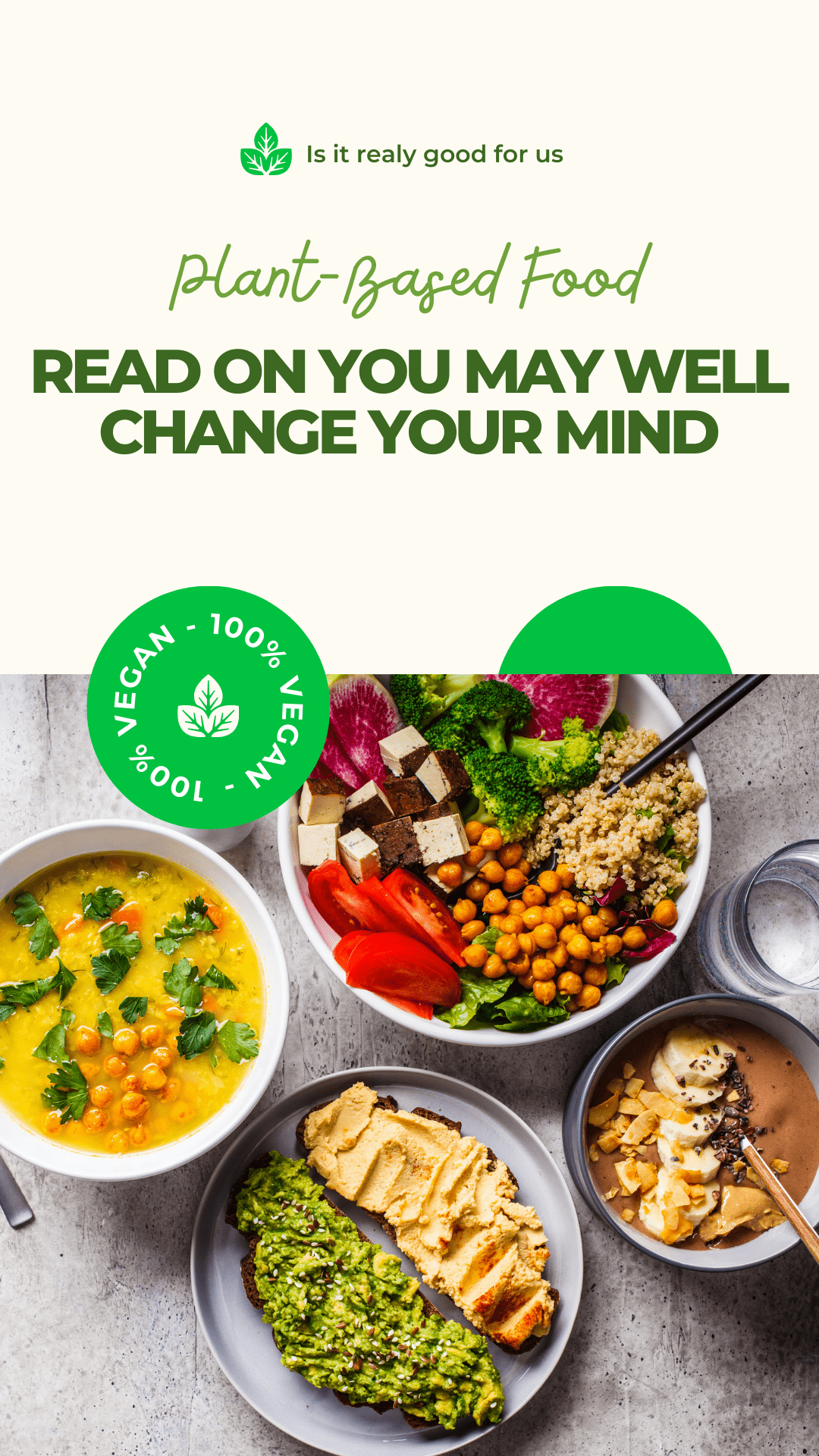
1. Cyanogenic Glycosides – The Poison in Certain Fruits
Found In:
- Cassava
- almonds
- apple seeds
- cherry pits.
These compounds release cyanide when metabolised in the body which can be toxic in large quantities, Improper preparation of cassava for instance has been linked to cyanide poisoning and neurological disorders in some populations.
2. Solanine – The Nightshade Toxin
Found In:
- Potatoes (especially green or sprouted ones)
- tomatoes
- aubergines
- peppers
Solanine is a natural pesticide that can cause nausea, diarrhoea, and neurological issues like headaches and confusion, In extreme cases solanine poisoning can be fatal.
3. Saponins – The Cell Destroyers
Found In:
- Legumes
- quinoa
- soybeans
Saponins can irritate the gut lining and damage red blood cells, Moreover they are often responsible for bloating and digestive discomfort associated with legumes and beans.
4. Isoflavones – The Hormone Mimickers
Found In:
- Soybeans
- soy-based products
Isoflavones mimic oestrogen in the body and can disrupt hormone balance particularly in men and postmenopausal women, Some studies suggest that excessive soy consumption may affect thyroid function and reproductive health.
The Hidden Dangers of Plant-Based Foods-Health Conditions
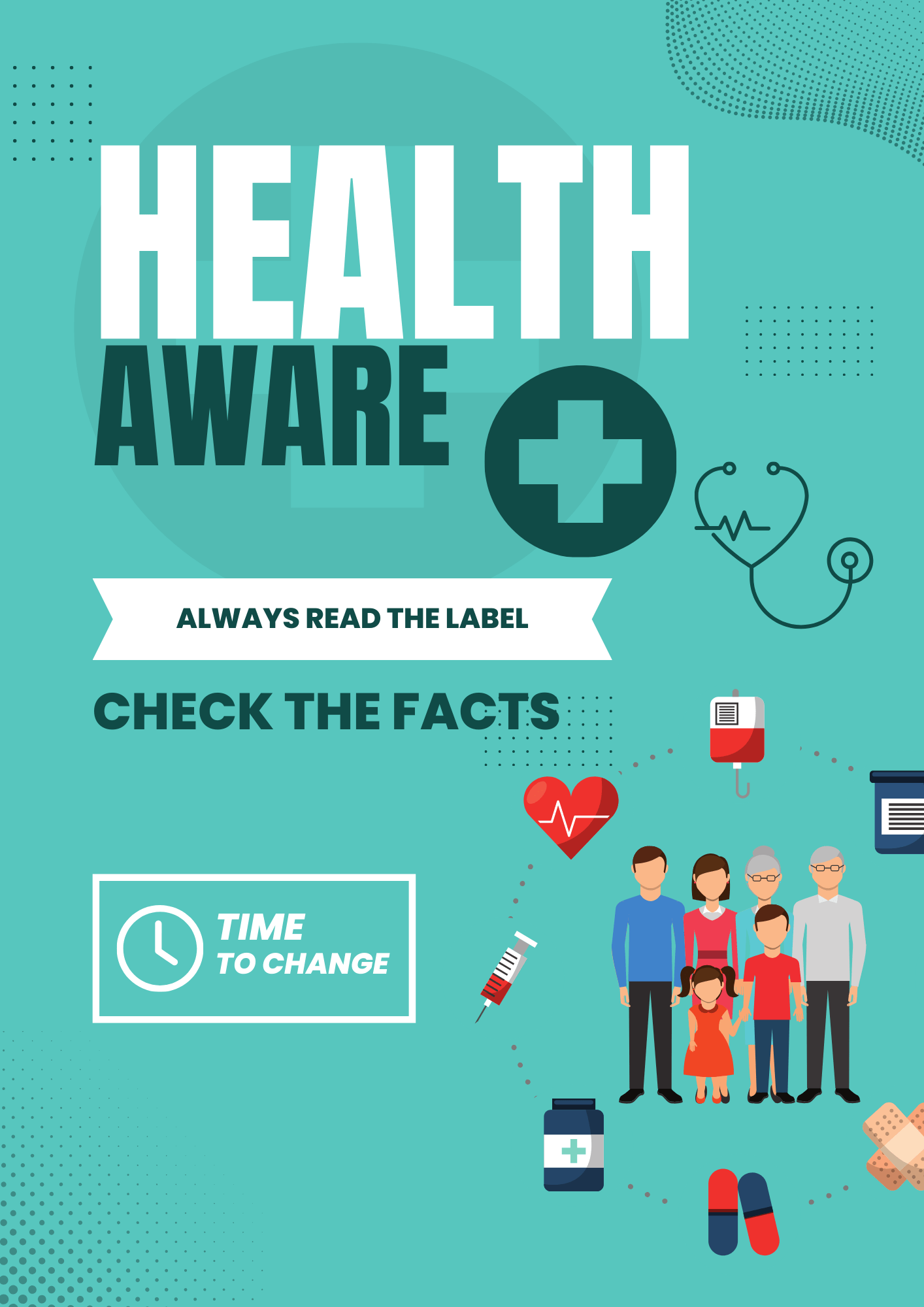
1. Irritable Bowel Syndrome (IBS) and Digestive Issues
Many plant-based foods contain fermentable carbohydrates (FODMAPs) which can trigger symptoms in people with IBS, Foods like onions, garlic, beans and cruciferous vegetables can cause bloating, wind and diarrhoea.
2. Iron Deficiency and Anaemia
Since plant-based iron (non-heme iron) is less absorbable than the iron found in animal products, those who rely solely on plant sources may be at risk of developing iron deficiency, anaemia leading to fatigue, dizziness and weakened immunity.
3. Thyroid Disorders
As mentioned earlier goitrogens can interfere with thyroid function potentially contributing to hypothyroidism, Soy consumption, in particular has been linked to altered thyroid hormone levels in some individuals.
4. Autoimmune Conditions
Lectins and other plant compounds have been suggested as possible triggers for autoimmune diseases such as rheumatoid arthritis, lupus, and Crohn’s disease as they can increase gut permeability and contribute to inflammation.
5. Kidney Stones
Oxalate-rich foods can lead to the formation of kidney stones especially in those with a genetic predisposition or inadequate hydration.
6. Allergies and Food Sensitivities
Plant foods like nuts, soy and wheat are common allergens causing reactions ranging from mild digestive discomfort to severe anaphylaxis in sensitive individuals.
How to Reduce Risks When Consuming Plant-Based Foods
1. Cooking and Preparation Methods
- Soaking and sprouting grains, legumes, and nuts can help reduce levels of phytates and lectins.
- Boiling and fermenting foods like soybeans and cassava can decrease toxic compounds like goitrogens and cyanogenic glycosides.
- Avoid consuming raw beans as they contain high amounts of lectins.
2. Balanced Diet and Supplementation
- Include a variety of foods to avoid excessive consumption of any single anti-nutrient, Consider vitamin B12, iron, and iodine supplements if following a strict plant-based diet.
- Pair iron-rich plant foods with vitamin C sources (e.g., citrus fruits) to enhance absorption.
3. Moderation Is Key
- While plant-based foods have many benefits excessive consumption of certain ones can pose risks, Pay attention to individual reactions and adjust diet accordingly.
Conclusion
Plant-based diets are undeniably rich in nutrients and beneficial for overall health, but they also contain hidden risks that are often overlooked.
Anti-nutrients, toxins and certain plant compounds can interfere with digestion and mineral absorption as pointed out in the above article.
Unfortunately there’s a possible contribute to chronic health conditions, By being aware of these potential downsides and taking steps to minimise their impact you are in the driving seat.
As with any diet the key to optimal health lies in balance, knowledge and mindful consumption, Taking these steps will defiantly be an asset in maintaining the balance you are looking for.
Understanding the complexities of plant-based foods ensures that you make informed choices that support long-term well-being, As we are all individuals.
We hope you enjoyed another interesting read on that some things are not as straight forward as we thought they were at the start.
Have a look around the site and discover some more invaluable articles that may very well interest you, I have put a link below to one as a starter.
Plant-based foods are often promoted as universally healthy, yet some can contain anti-nutrients or undergo heavy processing that may affect how the body absorbs energy and nutrients. If you’d like to explore ways to support vitality more intentionally, our natural energy supplements content looks at how targeted nutritional support can complement everyday dietary choices.
